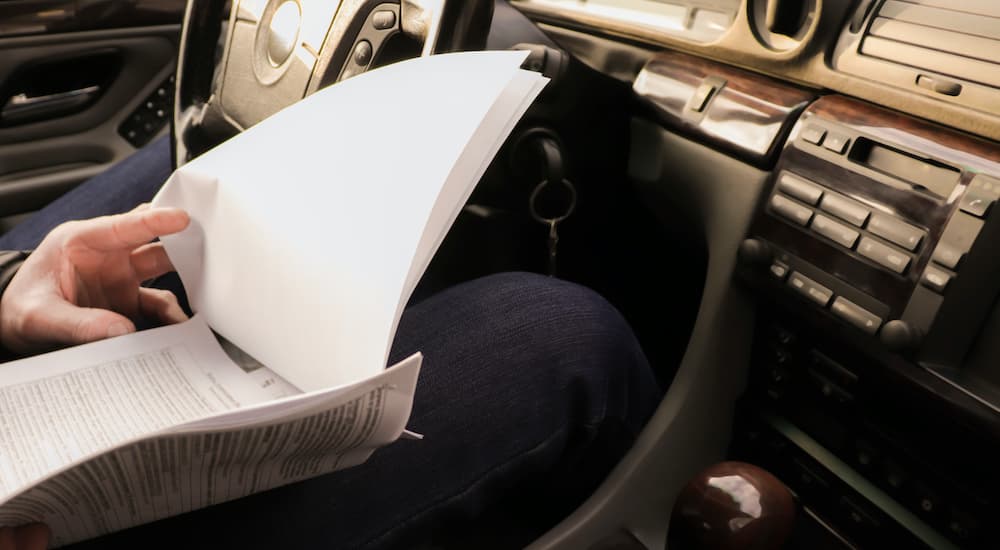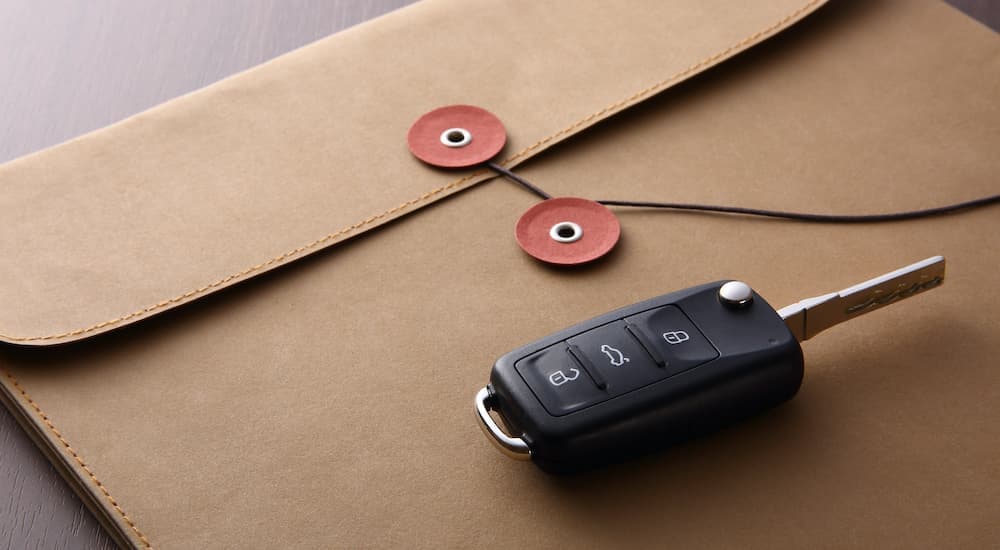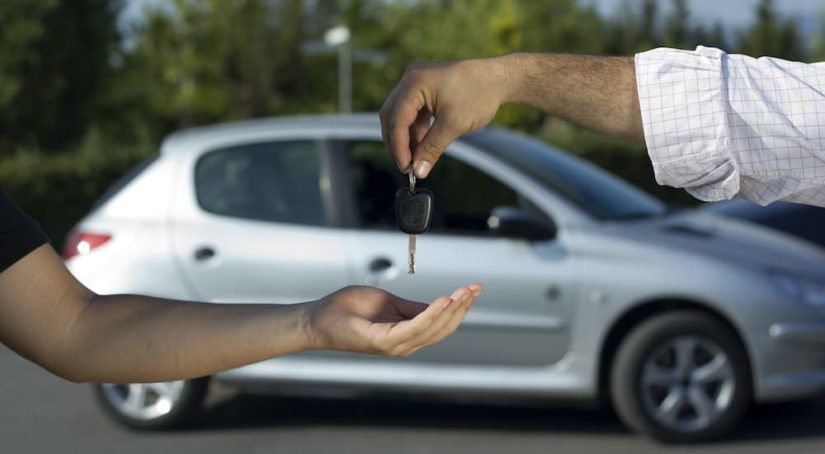A solid, reliable car can be a long-term commitment, but even the most well-built vehicle can’t last forever. As cars age, the wear and tear of regular use can cause all kinds of problems. Some things, like the AC quitting on you, make driving less comfortable, and others, like issues with the brakes, can make it downright dangerous. If you’ve been wondering, “Is it time for me to sell my car?” then you’ve come to the right place. In this article, we’ll discuss a few common circumstances where it’s time to head down to your local dealership and trade in your current vehicle for something new.
Mechanical Issues Get Out of Hand
Ideally, you want to sell your car while it’s still in good condition so that it’s still appealing on the used car market and has a high trade-in value. But if your car is on the verge of breaking down, then waiting for it to get worse won’t make things any easier. You don’t want to be paying more in repair bills than your car is worth, so if issues start to pop up frequently, you’ll want to consider cutting your losses and putting your money toward a new car instead of investing it in a losing battle.
On top of costs, most people rely on their cars for day-to-day transportation. If you let your car get to the point where one day it just breaks down and dies, it can really disrupt your life. So rather than let it get to that point, it’s better to see the signs, plan ahead, and start shopping while you’re still able to get yourself around town. And if it gets to a point where you feel that your car is unsafe, the only responsible thing to do is get it off the road. Ignoring safety issues puts you, your passengers, and everyone around you in danger.
Mileage Milestones Are Coming Up
Practically speaking, there’s probably not a huge difference between a car with 99,900 miles on it and one with 100,050 miles on it, but passing the 100,000-mile mark can still make your car less valuable. If you’re coming up on a significant number on your odometer, then you might want to consider selling before you hit it. Another milestone worth paying attention to is the end of your vehicle’s warranty. Maintenance costs can go up significantly once your car is no longer covered, so if you’re getting close to the number of miles or years that your warranty lasts for, it’s a good idea to get out while you’re still covered. Whatever number is on the horizon, once you’ve decided that you want to sell soon, try to limit your driving as much as you can to keep the mileage as low as possible so you can keep your resale value high.

New Features Pique Your Interest
From technological advances to new styles, cars can change a lot from year to year. One way to avoid hanging onto your car until it no longer has a good resale value is to actively look at what new features you want instead of waiting until your current vehicle starts to cause problems. If you keep up with the latest automotive news, you can find out about all kinds of advancements that come in handy in a variety of situations.
Road trippers can get a lot of use out of adaptive cruise control, which automatically slows the car down and speeds it back up with the flow of traffic. Remote start can be a lifesaver for people who live in places with extremely hot summers or cold winters who would love to get the car’s climate control going a few minutes before they get in. Parents of teenagers who are just learning how to drive should consider looking into the myriad driver assistance features on the market today, which can teach your young driver good habits early on and potentially even prevent collisions. With new designs coming out all the time, there are plenty of exciting features out there that might just tempt you into upgrading.
Life Circumstances Change
There are all kinds of reasons why a vehicle that’s still in fine working order may no longer be right for you. Maybe you’ve just moved from a place where gas is pretty affordable to a city with a higher cost of living, so you want to swap out your SUV for a fuel-efficient sedan. Maybe you’re starting a family, and it’s time to sell that little sports car and get a minivan that has room for all the kids. Then, of course, once those kids leave the nest, it’ll be time to downsize. Life is always in flux, and it’s better to have a vehicle that’s right for your current circumstances instead of one that’s just a relic from your past.
Sometimes You Just Know
When in doubt, you can always trust your gut instincts. If none of the reasons listed here match your situation, but you still think you’d like to get a new car, that can be reason enough. It’s always better not to wait until the last minute, so you can take your time and explore your options without the pressure of a ticking clock taking all the fun out of test drives. Even if you don’t think you’ll actually make the purchase for a while, it’s never too early to start exploring your options.
Too Complicated? Consider a Lease
Some people just don’t want to have to worry about “car stuff.” If keeping track of mileage and dealing with the maintenance needs of an older car make you want to pull your hair out, you might want to consider leasing your next vehicle. You’ll have a consistent monthly payment, you’ll never have a car that’s more than a few years old, and you’ll know from the get-go exactly how long the lease period is, taking the question of “When is it time to upgrade?” off the table altogether.

Make the Process Smoother by Planning Ahead
Once you’ve figured out that you’re ready to replace your car, it’s time to make your game plan. Hopefully, you’re in a position where you can plan ahead. If so, there are a few things you can do to make the process as painless as possible. For one thing, you should start saving money as soon as you can. You don’t want to get caught off-guard if you can’t get a high price for your current car, and even under the best circumstances, it’s always nice to have a little room in the budget to play with, so you have the option to upgrade to a higher trim level or add on optional features.
You should also take the time to really think about how you feel about your current car. What do you like about it? What features do you actually use? How do you wish it was different? The answers to these questions will help you figure out what you’re looking for in a new car. If you mostly like your current vehicle, but it’s just time to let it go, then you’ll want to stick to something similar and look for cars that have the features you know and love. If you have a laundry list of complaints, then you know what to avoid.
Of course, you don’t have to fully make up your mind before you head down to a dealership. A test drive can give you a feel for a car that no amount of information online can replace. And the staff at your local dealership can be a great resource, whether you want to know more about a particular model or need help figuring out your financing options. So don’t be afraid to ask questions, make your needs known, and make sure you end up in a car that’s right for you.



